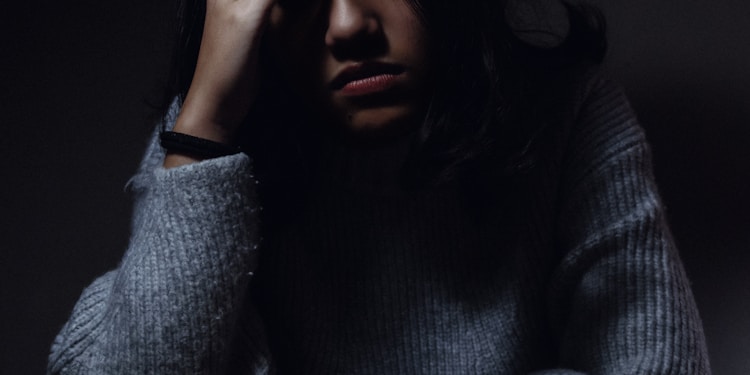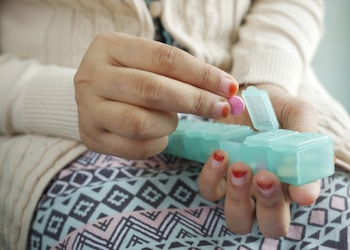Postpartum depression and depression are subjects that most societies and communities prefer not to discuss. But in reality, there is a considerable amount of new moms and even experienced moms who come up against postpartum depression. Even the most prepared moms can still experience postpartum depression, which can be challenging to overcome.
The birthing process is exhausting, and so are the days that follow. Most new moms experience a series of mixed emotions post-birth, a mixture of happiness, exhaustion, anxiety and confusion. Your body has also experienced many physical and hormonal changes over the past 9 months, and it will take time to rebalance. This is an entirely new territory and a whole new way of life. Emotional rollercoasters are to be expected. But when negative emotions outweigh the positive emotions long after birth, you might face postpartum depression.
We look closely at the most common signs and symptoms of postpartum depression to help you make sense of your behaviour.
10 Signs that usually indicate postpartum depression
Like anyone, new moms will sometimes have hard days, but hard emotional days are the norm; you might be at risk for postpartum depression. We have listed some common symptoms and signs of postpartum depression. Remember, you don’t need to experience all of them; just one or two extreme symptoms are sufficient reasons to raise your concerns with your doctor.
1. Prolonged Baby Blues
Baby blues is characterised by extreme and frequent episodes of sadness and anxiety experienced after birth. Baby blues is a typical phenomenon for postpartum moms. In fact, over 50% of women experience baby blues during the first week postpartum. However, unlike postpartum depression, the baby blues are short-lived and last about two weeks. If your baby blues symptoms persist for longer, you might be prone to postpartum depression and should consult a doctor for advice.
2. You Are Incredibly & Uncontrollably Sad
Experiencing extreme sadness and having frequent crying spells. A feeling of constant unhappiness that you can’t shake off.
3. You Feel Overwhelmed
All new moms feel overwhelmed, but if you are having this feeling day in and day out, it’s not a good sign. You might feel you are not cut out for motherhood and will never hack it.
4. Your Feel Empty & Alone
You feel utterly alone and empty despite being surrounded by friends, family, a loving spouse, and a newborn baby.
5. You Have No Interest In Things That Usually Bring You Joy
Of course, motherhood comes with its challenges, and one only sometimes has the time to do everything one loved doing before. But losing total interest in things that usually bring you immense pleasure and joy may also be a sign.
6. You Are Extremely Irritated and/or Angry
You are constantly irritated and angry. Everything annoys or bothers you, and simple things can set you off. You lack patience and may even harbour some resentment towards your baby.
7. Feeling Fatigued and/or having trouble sleeping
Constantly feeling tired or lethargic and having trouble sleeping, either sleeping a lot more than usual or suffering from insomnia and not sleeping at all.
8. Loss of Appetite or Libido
Lacking the desire to eat or partake in sexual activity is another sign to look out for. Of course, it’s normal to have no time or be too tired to do the physical act of sex, but a complete lack of interest is what we are highlighting here. It’s also normal not to find the time to eat with a newborn, especially if you are alone with them, but lack of desire or interest to eat are symptoms to watch for.
9. You Don’t Feel A Connection With Your Baby
Everybody speaks about this instant bond they experience with their baby. At the same time, it might not be instant for everyone, and the bond may take some time to develop. However, if you have no feelings for your baby and it’s been a few days or weeks of nurturing, this may be a sign of postpartum depression.
10. You Have Harmful Thoughts Towards You & Your Baby
If you feel like you might harm yourself or your baby, you should seek help immediately. No matter how small the thought, these feelings should never be dismissed.
It’s Okay To As For Help. You Are Not Alone
Even though it may seem like you’re the only mom struggling, many have been through this before, and there are several ways you can prevent and treat postpartum depression. If you have one or more symptoms of postpartum depression, know that you don’t have to go through this alone. You can seek the help of other moms, talk to your doctor or midwife, and give yourself time to recover.
















